Experience the extraordinary sisterhood of three women who share one unbreakable bond. A film by Blitz Bazawule, starring Taraji P. Henson, Danielle Brooks, Colman Domingo, Corey Hawkins, H.E.R., Halle Bailey, Phylicia Pearl Mpasi, and Fantasia Barrino.
The COLOR PURPLE
Blitz Bazawule
(2023)
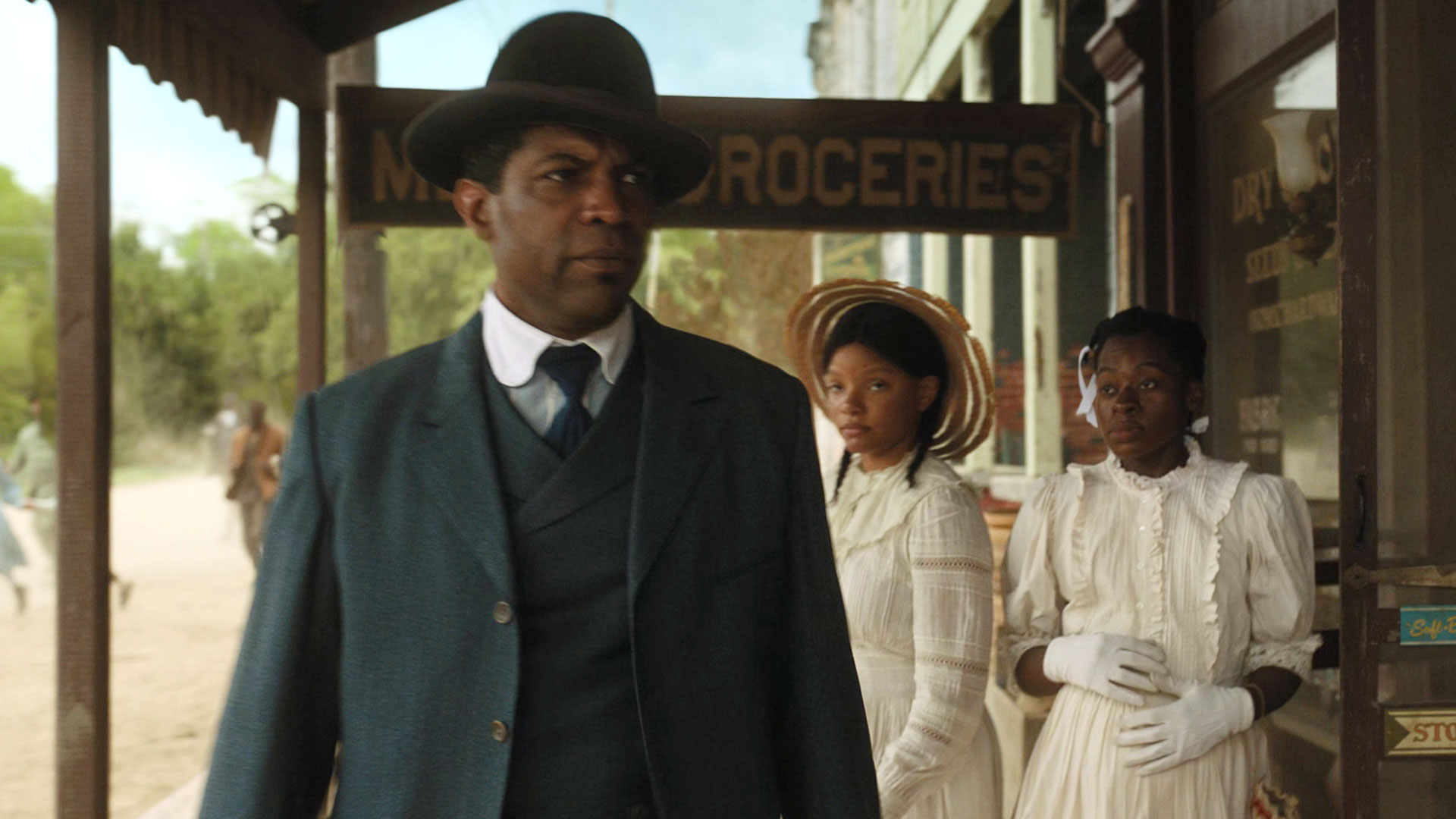
In 1909 Georgia Coast, young Celie (Phylicia Pearl Mpasi) lives with her sister Nettie (Halle Bailey) and their father Alfonso (Deon Cole). Pregnant with Alfonso’s second child, Celie intends to name the baby Adam after the biblical figure. However, when the boy is born, Alfonso takes him away, just as he did with Celie’s firstborn daughter, Olivia.
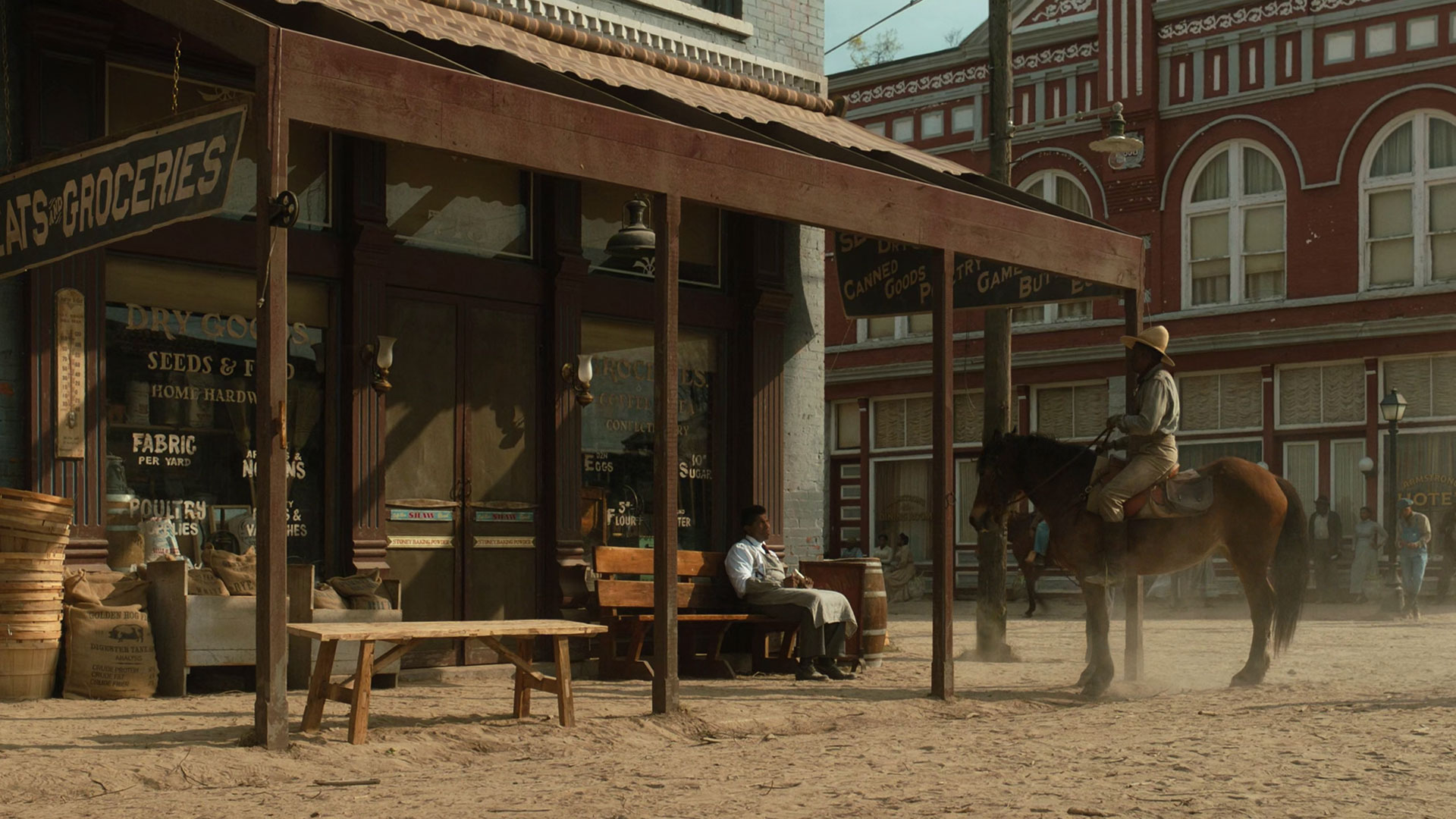
One day, a farmer named Mister (Colman Domingo) is drawn to Nettie and follows her home. Approaching Alfonso, Mister asks for Nettie’s hand in marriage. Alfonso refuses, insisting she’s too bright to be a housewife and destined to become a schoolteacher. Instead, he offers Celie in exchange for a cow and a few eggs. Though hesitant at first, Mister eventually agrees to take Celie instead.
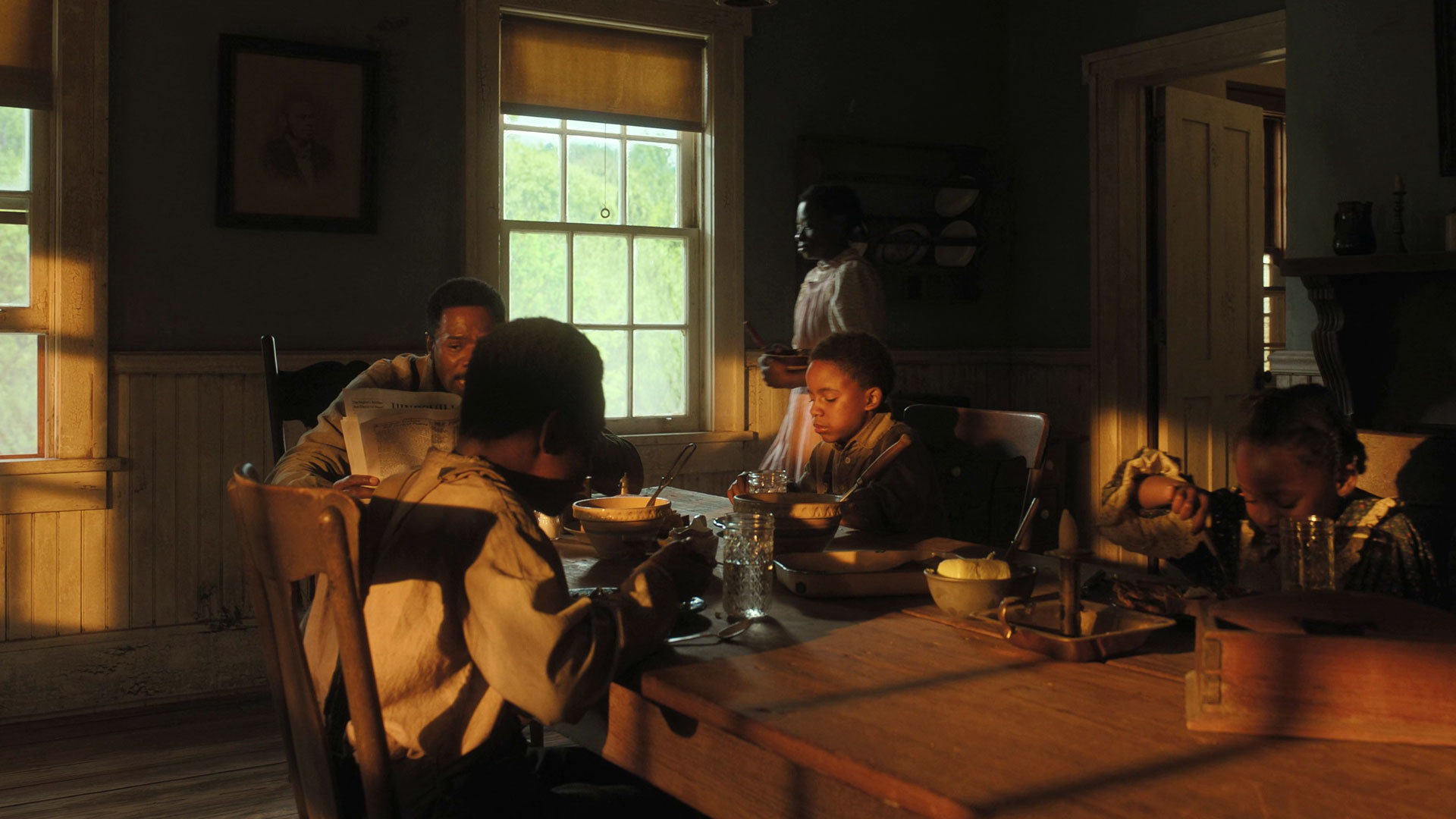
Thrusted into the role of Mister’s wife, Celie inhabits a messy house filled with his three children. Days blur into a tapestry of chores: cooking, cleaning, bathing the children, and tending to Mister’s sexual need. Yet, her tireless efforts go unnoticed, met only with Mister’s gruff demands and the sting of his abuse. Celie feel less like a wife and more like a slave in his domain.
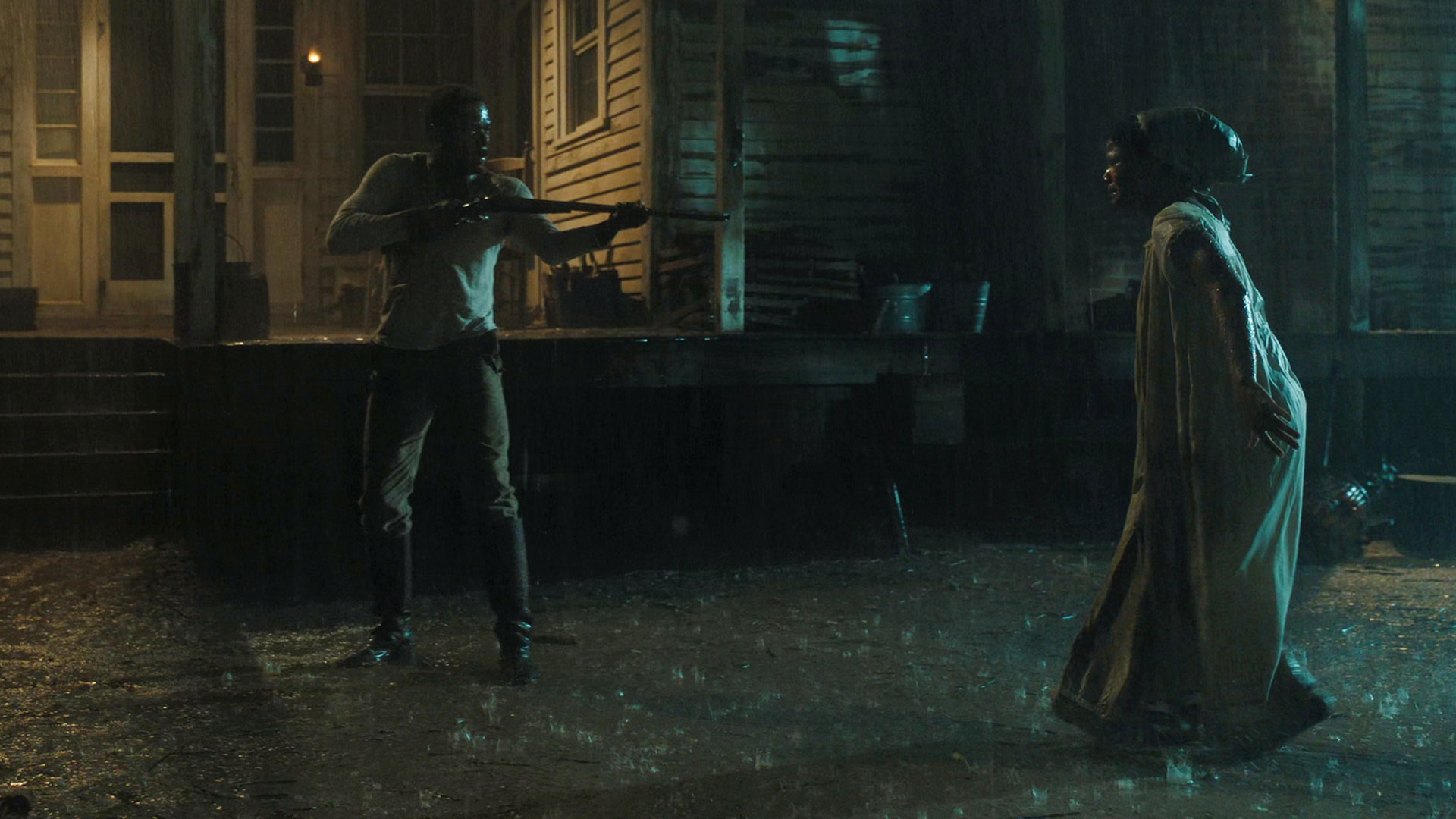
After Celie leaves home, Alfonso attempts to molest Nettie. Fleeing for safety, Nettie rushes to Celie, seeking refuge. She asks Mister for temporary shelter until she finishes school, and he agrees. However, one night, Mister makes unwanted advances towards Nettie. She fiercely resists, enraging him, and he banishes her from his land.
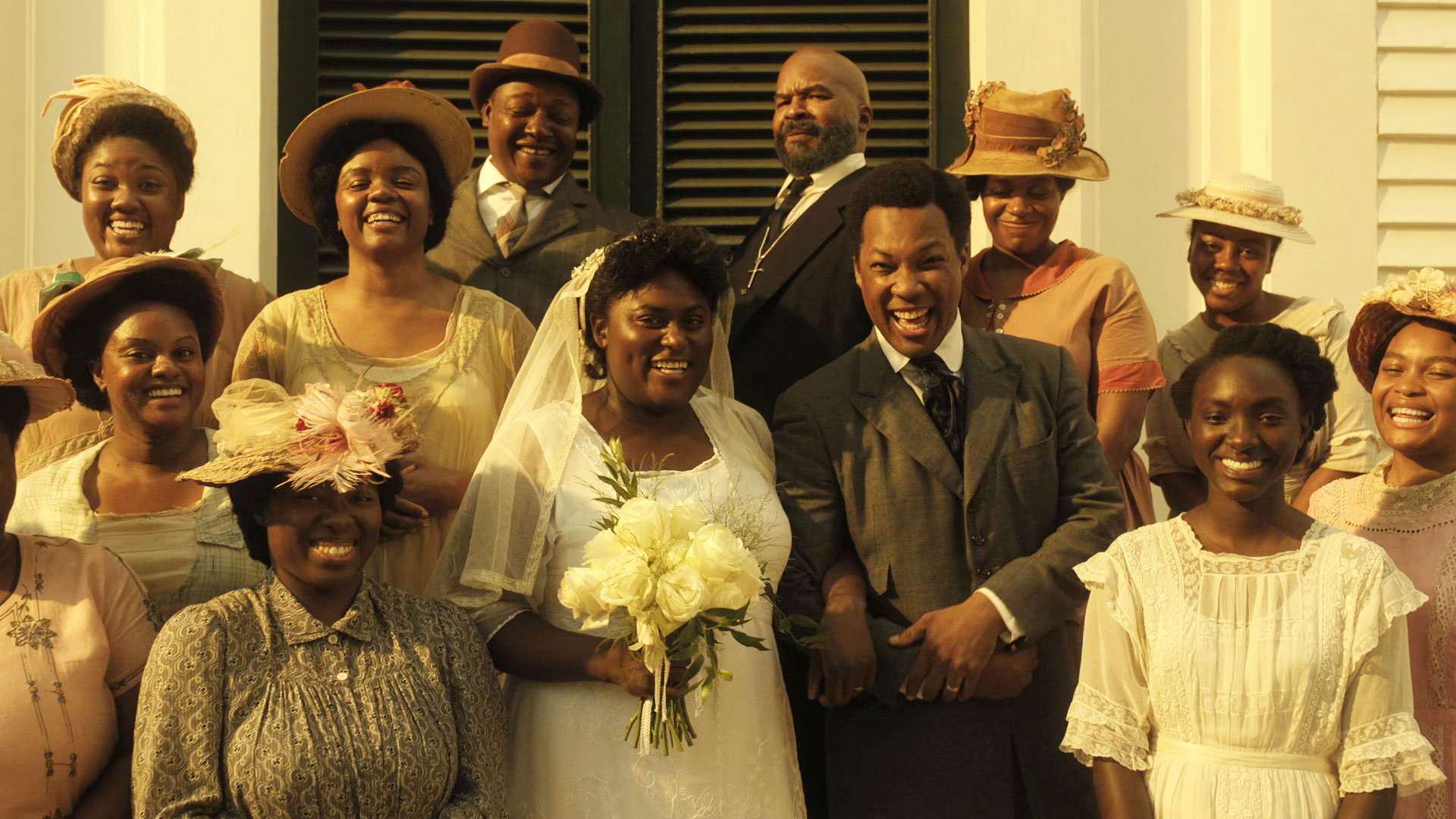
In 1917, Mister’s son Harpo (Corey Hawkins) defies his father’s disapproval and marries Sofia (Danielle Brooks). Harpo builds a house for his wife. Sofia develops a friendship with Celie (Fantasia Barrino), but beneath the surface, Celie harbors jealousy towards Sofia’s strength, outspoken nature, and fearless attitude towards men. After the wedding, Harpo grows frustrated with his inability to control Sofia like his father and confides in Celie, seeking her advice. Celie suggests that he beat Sofia. Unwilling to tolerate physical abuse, Sofia leaves Harpo following his attempt to carry out Celie’s advice.
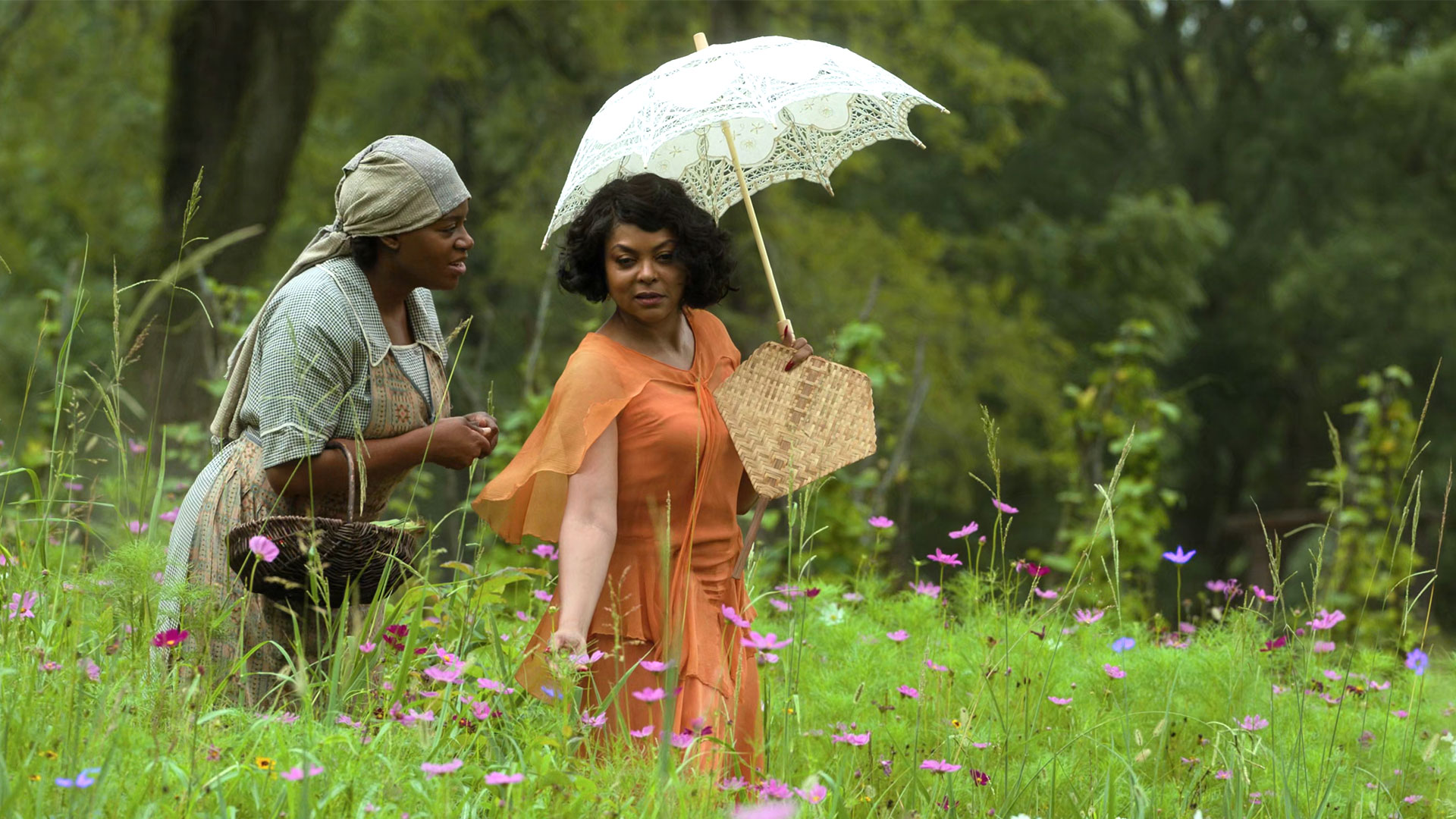
In 1922, Mister proposes that Harpo convert his home into a smokehouse, where they could grow some tobacco. But Harpo counters with his own idea: a juke joint. Mister opposes it, arguing that nobody would want to dance near the swamp. Celie intervenes, suggesting they attract crowds by having Shug Avery (Taraji P. Henson), the famous blues singer, perform. She knows full well that Shug is Mister’s dream girl. When Shug returns to her hometown and temporarily stays at Mister’s place, she strikes up a friendship with Celie and agrees to perform at Harpo’s Juke.
Juke joint is the African American vernacular term for an informal establishment featuring music, dancing, gambling, and drinking, primarily operated by African Americans in the southeastern United States. A juke joint may also be called a “barrelhouse”.
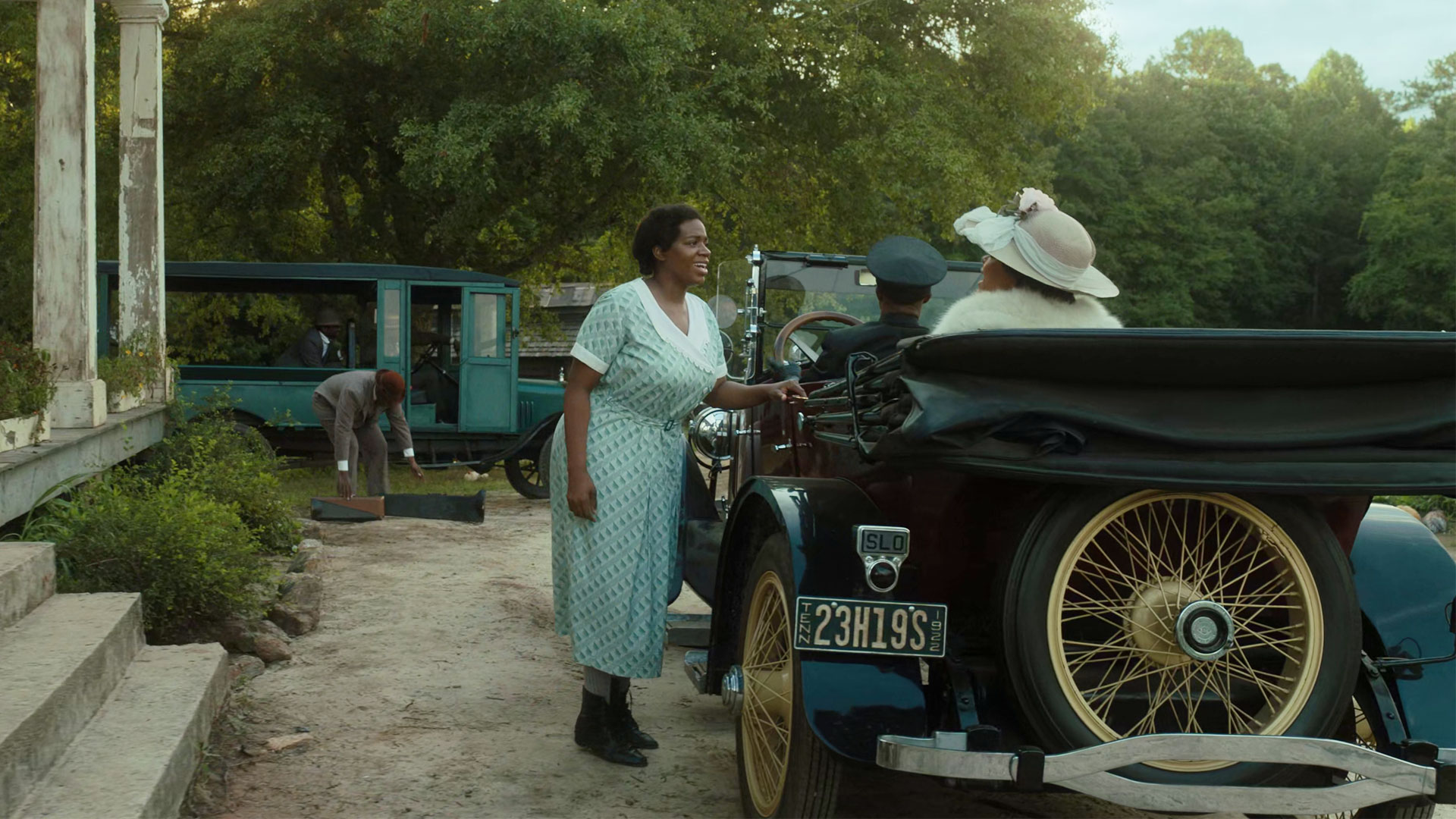
Shug wakes up early in Mister’s house after a party night at Harpo’s Juke, while Mister snores away, passed out at Juke. Heading downstairs, she collects the mail from the postman and discovers a letter from Nettie. Celie, heartbroken and believing Nettie to be dead after receiving no letters despite her promise, is stunned. Not only is her sister alive, but Nettie reveals she’s been living in Africa with their children, Olivia and Adam. Shug convinces Nettie to rummage through Mister’s cabinet, and there, tucked away in a box, they find a pile of Nettie’s letters addressed to Celie. The truth hits Celie – Nettie has been writing all along. As Shug prepares to leave, Celie begs to be taken along, but Shug instead promises to whisk her away on her next visit.
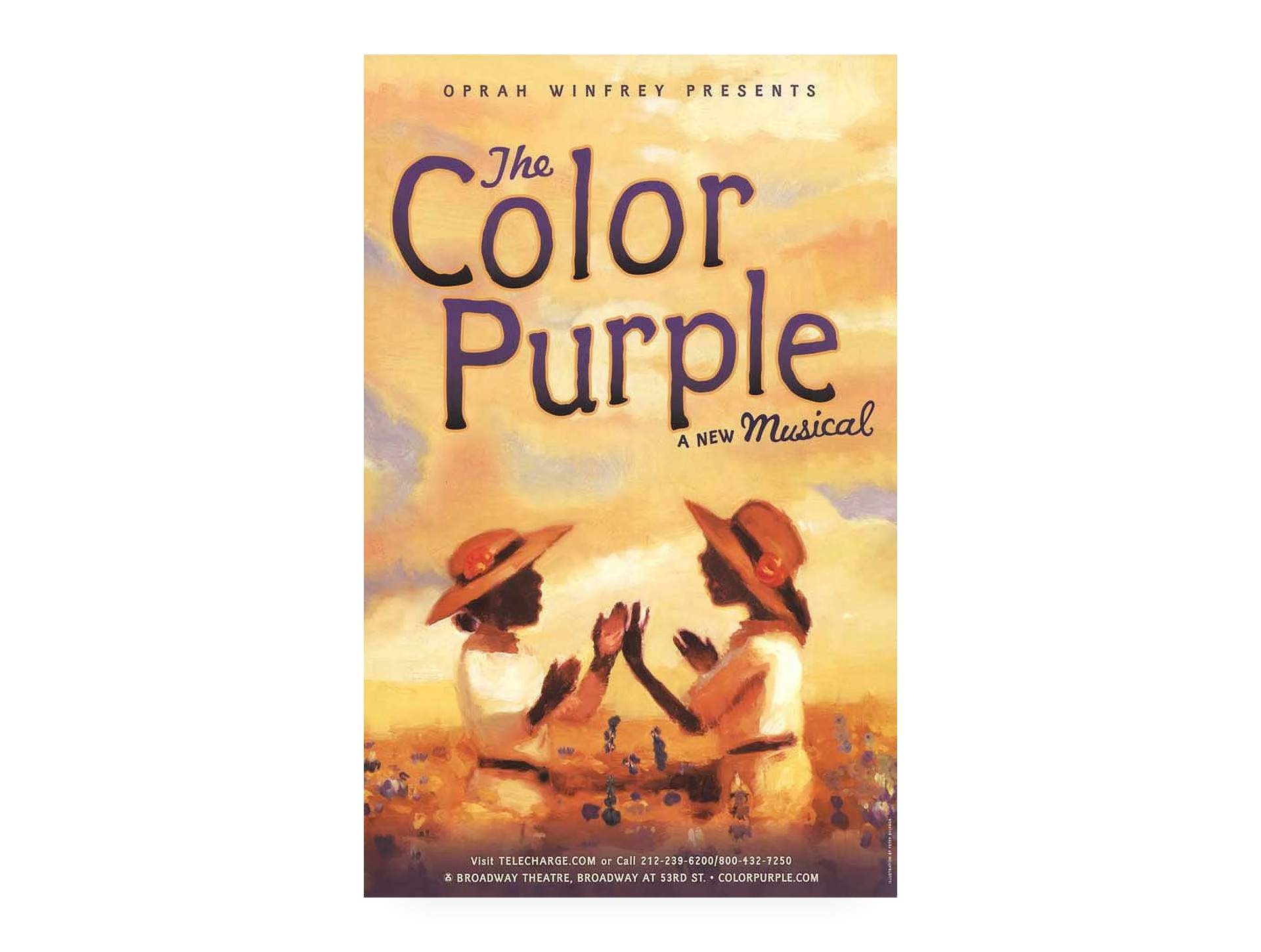
The film is not a remake of Steven Spielberg’s 1985 film of the same name. Instead, it’s a coming-of-age musical film inspired by the 2004 stage musical, itself an adaptation of Alice Walker’s 1982 novel. The original Broadway production of The Color Purple ran from 2005 to 2008, earning eleven Tony Award nominations in 2006.
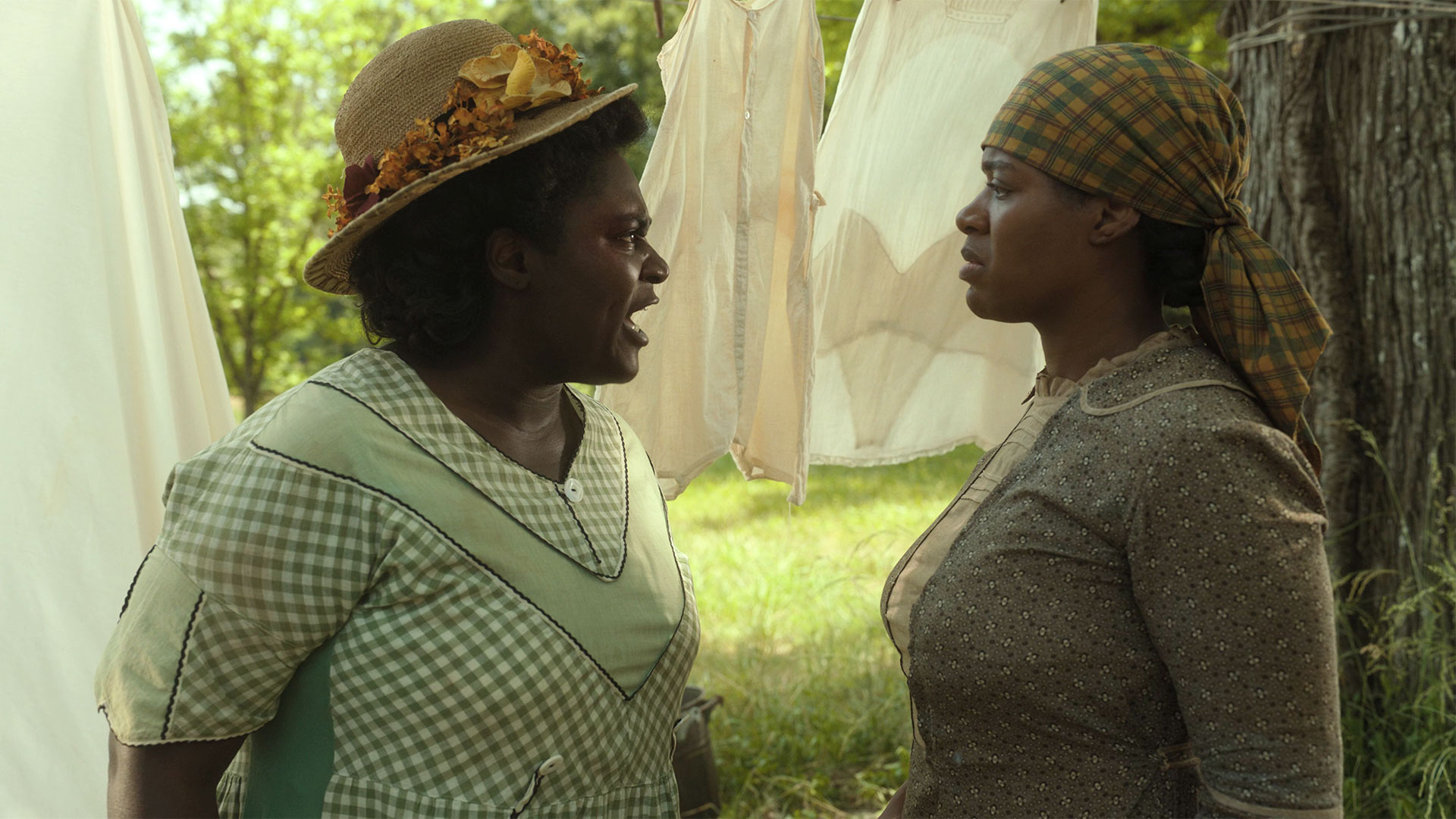
Directed by Ghanaian filmmaker Blitz Bazawule, The COLOR PURPLE captivates with its compelling story, following the life of Celie, a teenage girl in the 1900s. Dreaming of escaping her abusive father, Celie’s reality takes a harsh turn when she’s sold off to a brutal man as his wife. Witnessing her arduous journey, we see her discover strength, sisterhood, and the power of her own voice. Fantasia Barrino delivers an exceptional performance, breathing complexity into Celie and making us root helplessly for her survival in a world dominated by men. Danielle Brooks is another standout, lighting up the screen every time Sofia appears. Her performance carries a thrilling edge, hinting at the misfortune that could befall her. And when it does, Brooks nails it with undeniable power.
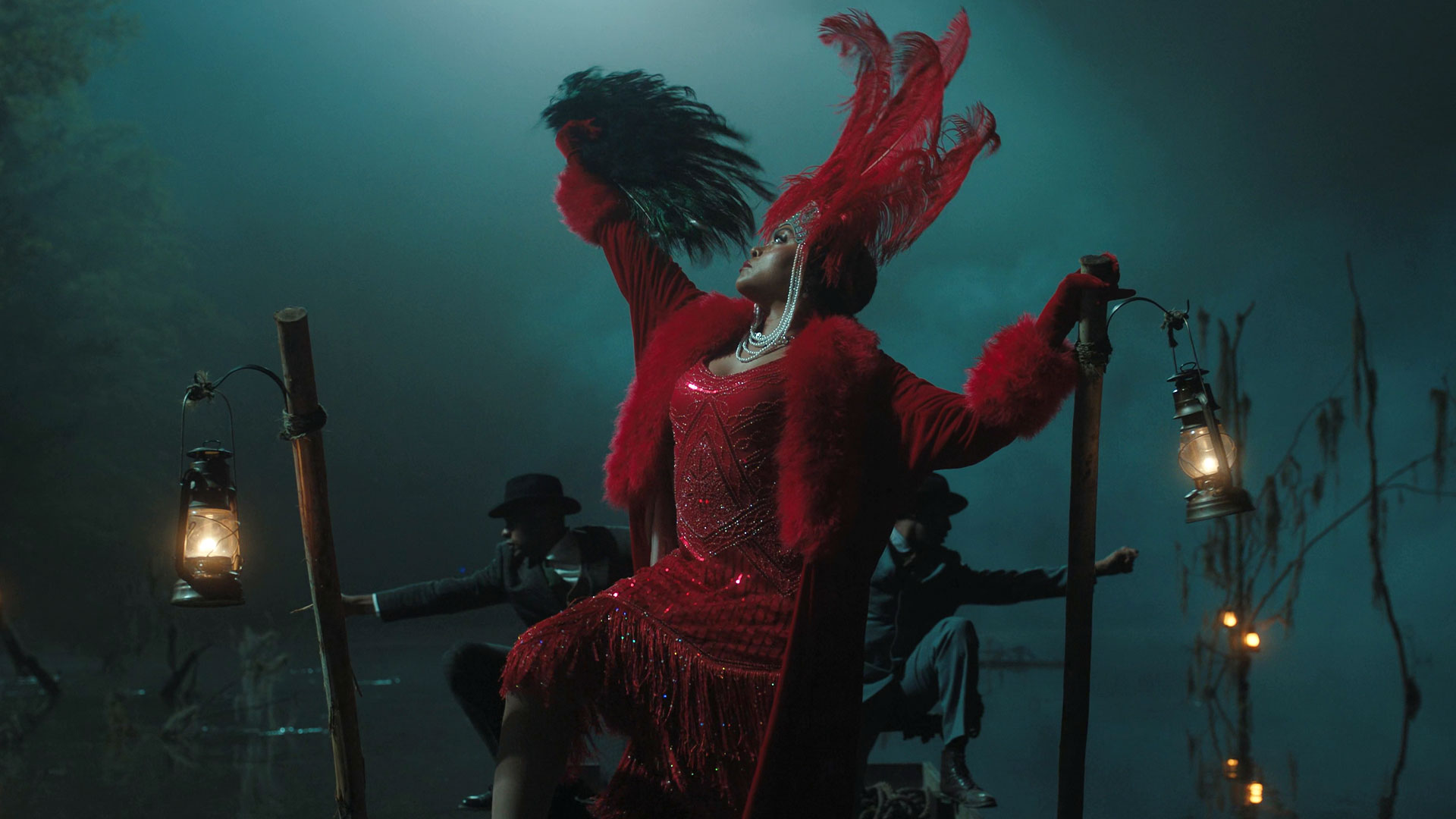
The film isn’t flawless, however. While Taraji P. Henson commands the stage as the electrifying blues diva Shug Avery, her character feels slightly out of place. In one scene, she treats Celie like a servant. In the next, she’s morphed into a nurturing godmother eager to care for Celie. Despite being a supporting character, Shug occupies an excessive amount of screen time, especially considering her role as Mister and Celie’s love interest, which disrupts the narrative flow at times.
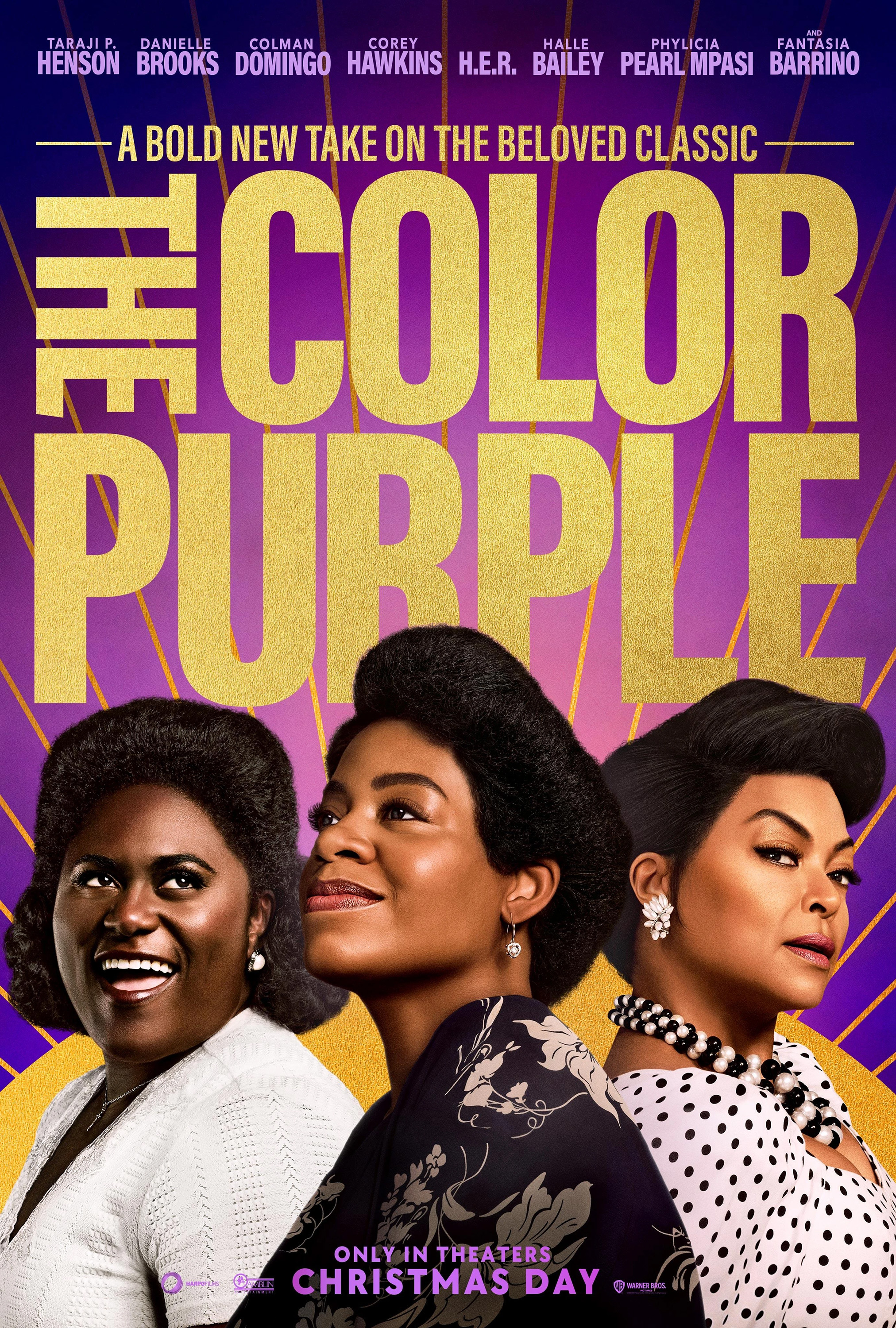
The COLOR PURPLE premiered in London on 20 November 2023. The film was released in the United States on 25 December.

